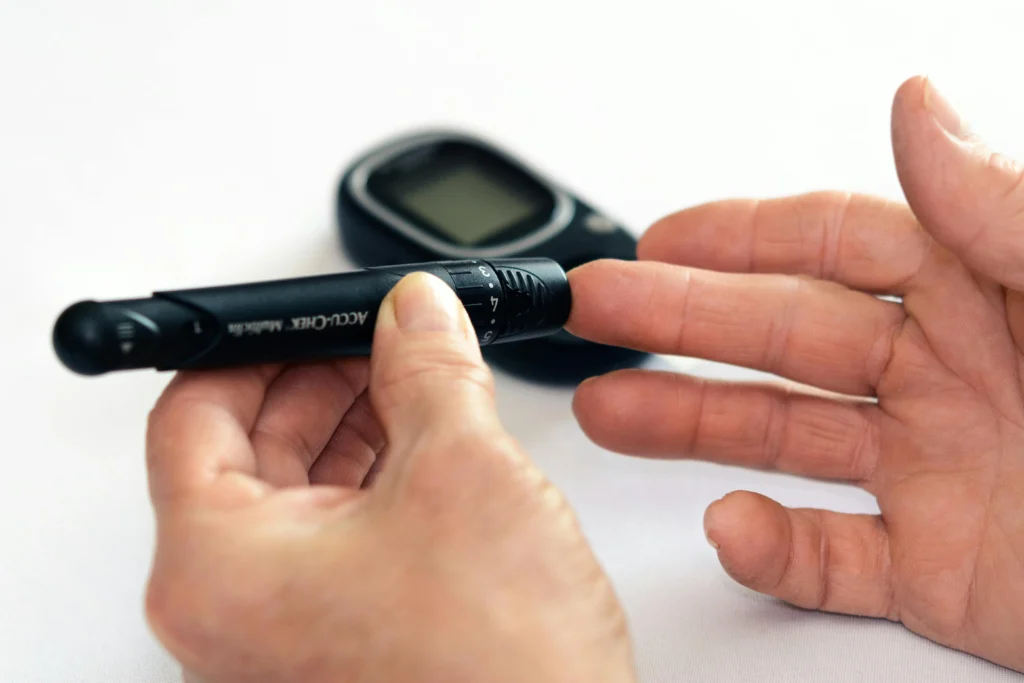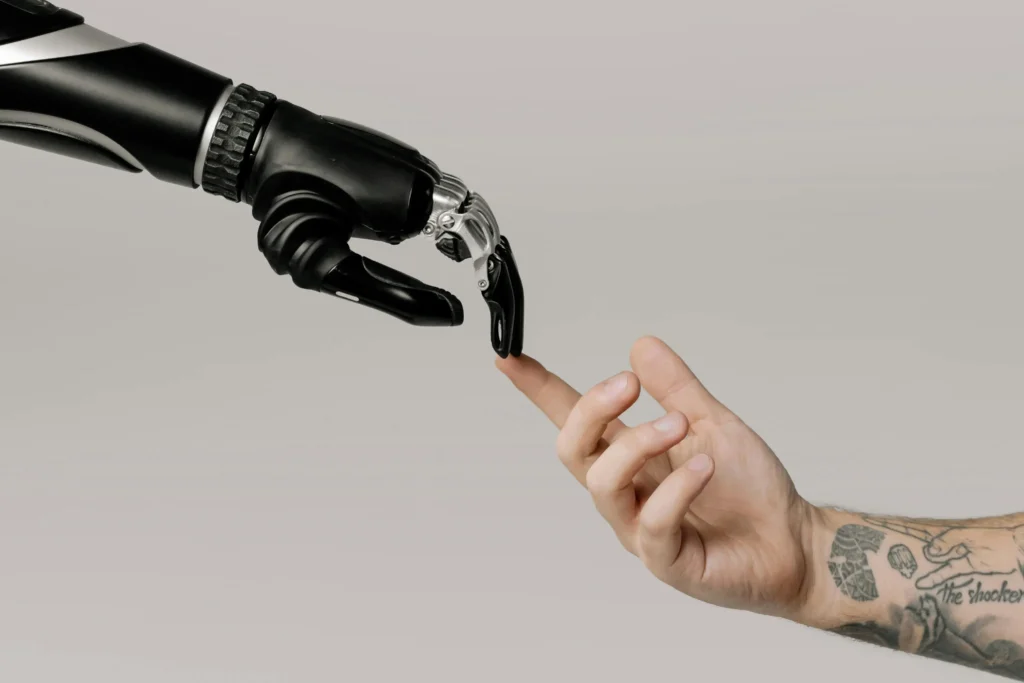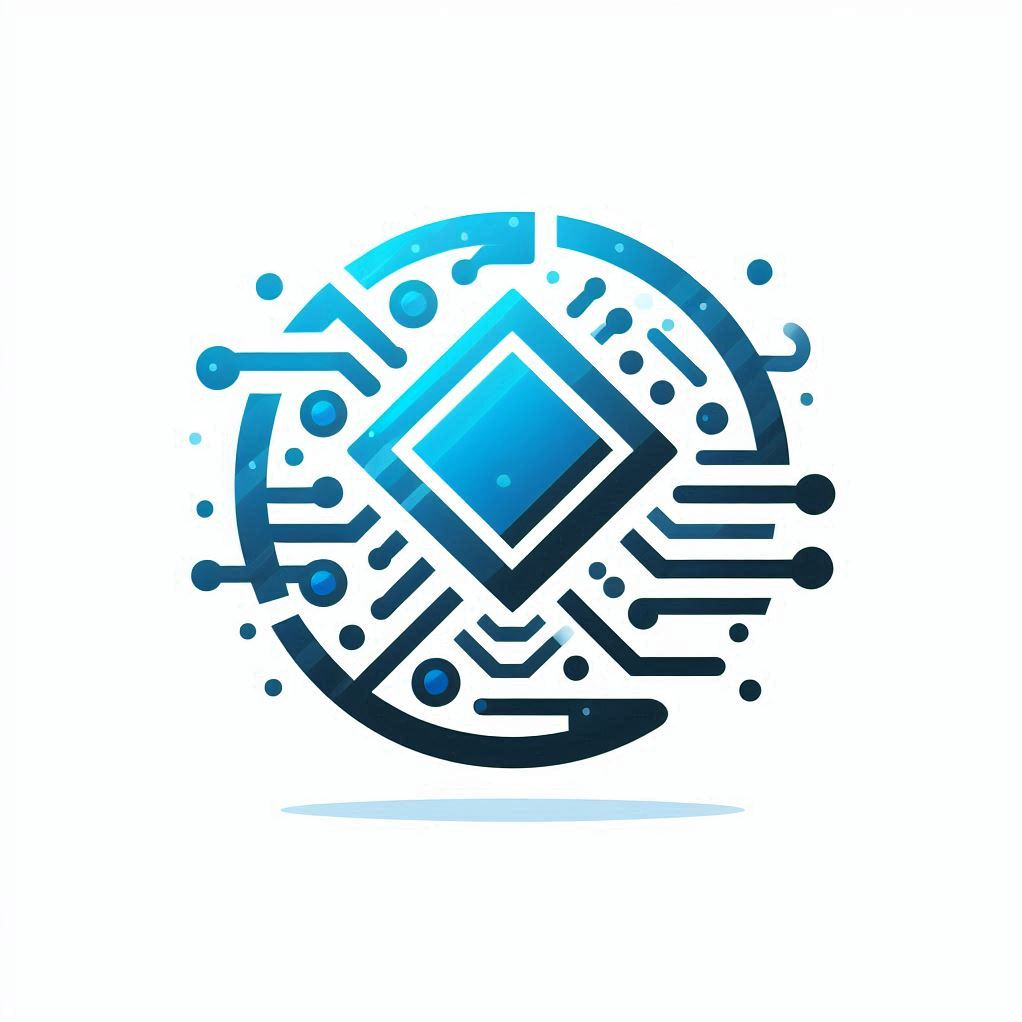Introduction:
Technology in Modern Healthcare has revolutionized the healthcare industry, transforming patient care, diagnostics, and treatment. The integration of advanced technologies in healthcare has led to improved outcomes, enhanced patient experiences, and more efficient healthcare systems. This blog delves into the various ways technology is shaping modern healthcare, highlighting key innovations and their impact on the industry.
Robotics In Healthcare

Types of Surgical Robots
- Assistive Robots: Robotics in healthcare includes assistive robots that provide enhanced dexterity and precision. These robots are often controlled by surgeons to perform complex tasks with greater accuracy.
- Autonomous Robots: Autonomous robots in surgery perform specific tasks independently, under the supervision of a surgeon. These robots are programmed to carry out procedures with minimal human intervention.
Telemedicine

Growth of Telemedicine
Definition and Scope: Telemedicine involves the use of telecommunications technology to provide healthcare remotely. It includes virtual consultations, telemonitoring, and teleconferencing.
Rise in Popularity: Telemedicine has gained traction due to advances in technology, increased internet accessibility, and the need for more convenient healthcare options.
Benefits of Telemedicine Technology in Modern Healthcare
Convenience: Patients can access medical care from anywhere, reducing the need for travel and waiting times.
Accessibility: Telemedicine bridges gaps in healthcare access, particularly for individuals in rural or underserved areas.
Cost-Effectiveness: Reduces healthcare costs by minimizing hospital visits and associated expenses.
Wearable Technology for Health Monitoring

Types of Wearable Devices
Fitness Trackers: Wearable technology includes fitness trackers that monitor physical activity, heart rate, and sleep patterns.
Medical Wearables: Devices like continuous glucose monitors and ECG monitors help manage chronic conditions.
Impact of Wearable Technology on Patient Care
Proactive Health Management: Wearable technology enables users to track their health metrics and make informed lifestyle choices.
Remote Monitoring: Wearable technology allows healthcare providers to monitor patients’ health data in real-time.
Artificial Intelligence (AI) In HealthCare

AI in Diagnostics
Image Analysis: AI algorithms can analyze medical images, such as X-rays and MRIs, to detect abnormalities with high accuracy.
Pathology: AI helps pathologists analyze tissue samples and identify cancerous cells more efficiently.
AI in Treatment
Personalized Medicine: AI algorithms analyze genetic and clinical data to tailor treatment plans to individual patients, improving outcomes and reducing side effects.
Drug Discovery: AI accelerates drug discovery by predicting drug interactions, identifying potential drug candidates, and optimizing clinical trials.
Blockchain Technology In Modern Healthcare

Blockchain Technology for Data Security
- Data Security: Blockchain technology provides a secure way to store and share patient data, protecting it from unauthorized access and tampering.
- Interoperability: Blockchain technology facilitates data sharing between healthcare providers while maintaining patient privacy and confidentiality.
Applications of Blockchain Technology in Healthcare
- Patient Records: Blockchain technology in Modern Healthcare enables patients to have ownership and control over their health records, improving accessibility and reducing errors.
- Supply Chain Management: Blockchain technology tracks the journey of pharmaceuticals and medical devices from manufacturers to patients, ensuring authenticity and preventing counterfeit products.
Electronic Health Records (EHRs)

Implementation of Electronic Technology in Modern Healthcare Records
Digital Records: EHRs replace paper records with digital versions, making patient information easily accessible.
Interoperability: EHRs allow seamless sharing of patient data across different healthcare providers.
Advantages of Electronic Health Records
Improved Patient Care: EHRs provide technology in modern healthcare professionals with comprehensive patient histories, leading to better-informed decisions.
Efficiency: EHRs reduce administrative burdens and streamline workflow.
Conclusion
The integration of technology in modern healthcare has brought about significant advancements, improving the quality and efficiency of patient care. From telemedicine and electronic health records to wearable technology and artificial intelligence, technology is reshaping the healthcare landscape, making it more accessible and effective. As innovations continue to emerge, the potential for further transformation in healthcare is immense, promising a future where technology plays an even more central role in enhancing health outcomes and patient experiences.
